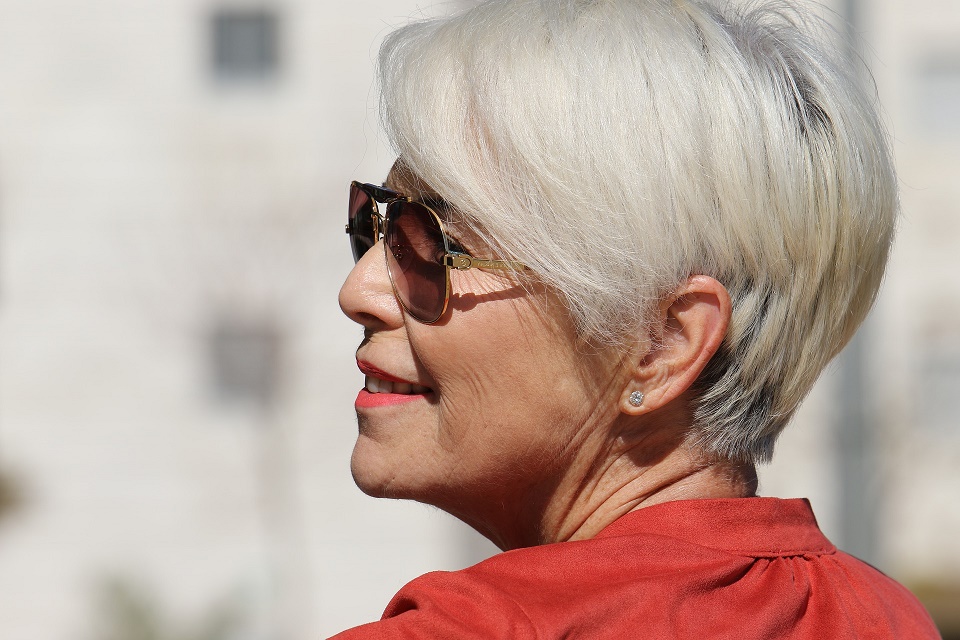Background
Concurrent chemoradiation therapy remains the standard therapy for unresectable Esophageal Squamous Cell Carcinoma patients.
However, its feasibility and efficiency for older patients are being challenged. Serious acute toxic effects, such as hematologic toxicity, esophagiti, and pneumonitis, were commonly observed.
In a retrospective analysis, only 33.3% of older patients completed chemoradiation, whereas 68.3% of nonelderly patients completed it.
Treatment-related death was suspected in up to 18% of patients older than 75 years who underwent chemo plus radiation, even when both chemotherapy and radiotherapy were reduced in dose and field when necessary. Concurrent chemoradiation therapy showed no superiority over radiation alone in survival.
About EGFR in Esophageal Squamous Cell Carcinoma
Epidermal growth factor receptor, EGFR, is overexpressed in 30% to 70% of patients with Esophageal Squamous Cell Carcinoma and is associated with poor prognosis and an inferior response to standard treatment.
Immunohistochemistry, IHC, is the test performed to analyze EGFR expression.
About Icotinib
Icotinib (trade name Conmana) is a highly selective tyrosine kinase inhibitor (EGFR-TKI) and administered orally.
Icotinib is approved for use as first-line monotherapy in patients with Non-Small-Cell Lung Cancer, NSCLC, with somatic EGFR mutations.
Currently, it is solely approved and marketed in China.
About the Study
To this phase II clinical trial 27 patients 70 years or older with Esophageal Squamous Cell Carcinoma were enrolled to receive radiotherapy plus Icotinib or radiotherapy alone.
Results
- Patients treated with Icotinib plus radiotherapy had a median survival of 24.0 months, whereas those treated with radiotherapy alone had a median survival of 16.3 months.
- 84.4% of patients in the radiotherapy plus Icotinib group had their tumor shrunken vs 60.3% in the radiotherapy group.
- 43.7% of patients in the radiotherapy plus Icotinib group were alive at 2-year vs 29.6% in the radiotherapy alone.
- Median time until the disease had progressed under the treatment was 22.7 months in the radiotherapy plus Icotinib group and 14.3 months in the radiotherapy group.
- Patients with EGFR overexpression had a significantly better median survival which was not reached at the time of the trial analysis.
Side Effects
In this study, Icotinib plus radiotherapy was tolerable in older patients with Esophageal Squamous Cell Carcinoma.
No difference was observed in severe side effects.
Conclusion
The best treatment for a cancer patient is to get the most advanced cancer drugs in advanced stages of development. There, the hope and the chance to extend life go far beyond the standard protocols.
Contact us to find out what is the best treatment for YOU
TRIAL•IN Pharma
Because we, do not give up on life!
Contact us 24/7 –
Call center +44.2082.426.039








